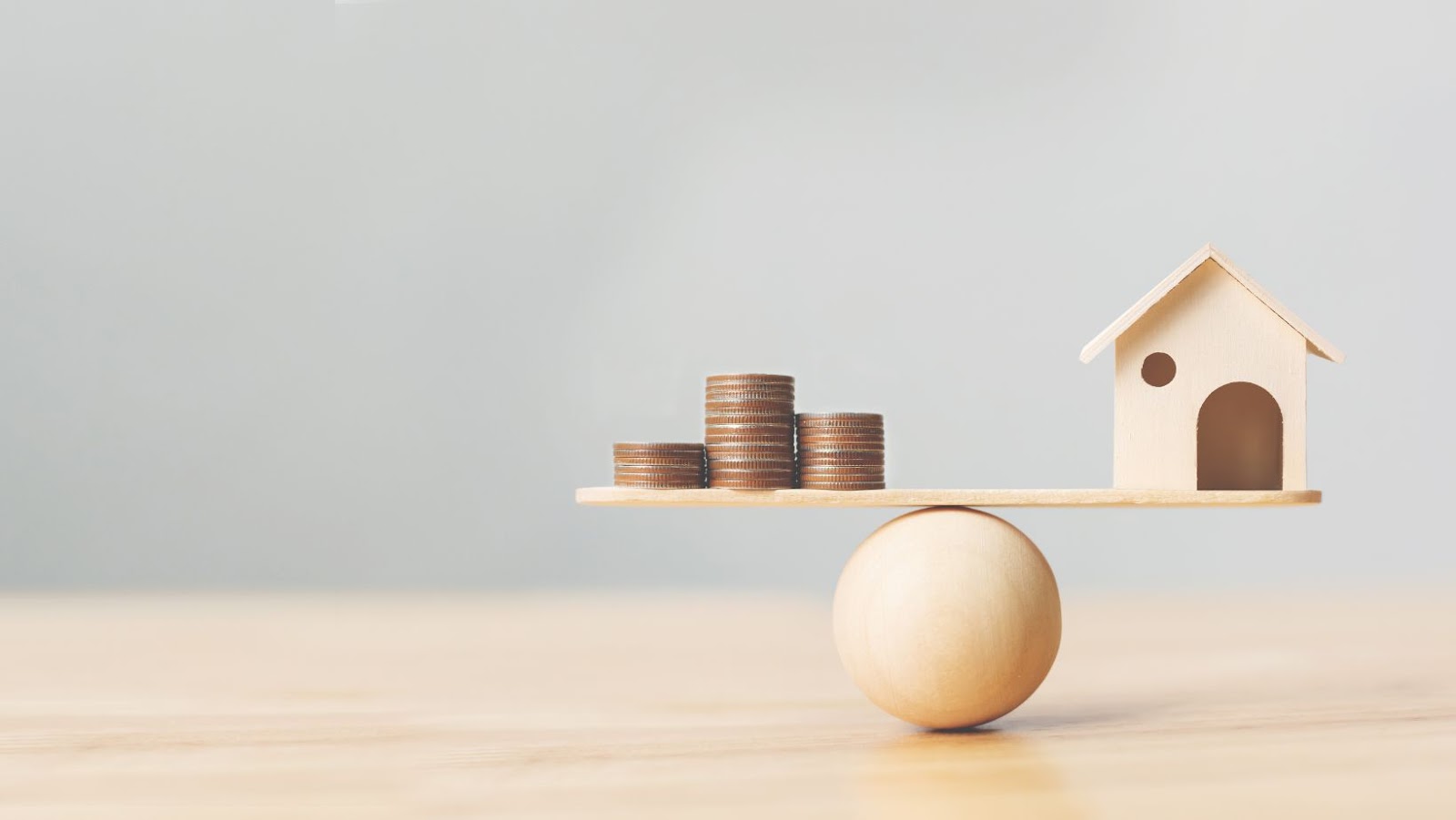
When interest rates are low, refinancing your home loans may help you cut your monthly mortgage payments, save funds over the process, and even reset your financial circumstances.
The ability to save money by refinancing your home when interest rates fall relies on various factors, including your credit history, general financial health, and more.
This article will discuss how refinancing your home loans can save you money. Read on to learn more.
How is Refinancing Done?
Once you refinance, you take out a new loan to replace your present one. Depending on your financial situation, goals, and current interest rates, doing this may be an option.
You may be able to get cheaper interest rates by refinancing your home, car loan, or perhaps even someone’s student loans at any time. However, take a look at your credit and financial situation first.
Time to Refinance Your Home Loan
The savings by refinancing your home are significant since it is a big loan with a longer repayment period. When refinancing your home loan, there is no strict rule. These situations necessitate a review of your loan agreement.
Qualifying for low-interest rates is a requirement to get the benefit of them. A reduced interest rate may be available if your credit rating has improved since you took out the loan.

With this, several things might change if you refinance your home loan, which can help you save money and help you in your financial process.
Interest Savings Throughout the Loan’s Life
You’d save $116,000 in interest costs by reducing your loan balance from $289,000 to $173,000.
Decrease the Amount You Pay Each Month
Generally, you’d save $322 a month by lowering your monthly amount from $1,692 to $1,370.
Help You Get Money From Your Equity
If you’ve had your mortgage for a few years, you’re unlikely to get much equity to pull on. Cash-out refinancing is a possible option for those who have had their loan for a long time, and their home’s value has risen.
A sum of money equal to the difference between your two loans is yours to keep and spend any way you see fit.
Reduce the Loan’s Term
Saving approximately $110,000 in interest and being debt-free in half of that time is possible with an interest rate reduction of 2.5 percent. This is when refinancing for 15 years rather than the standard 30-year term.
Benefits of Refinancing
Refinancing is generally a good option when interest rates fall. When you replace your old loan with a new one, you’ll save money, but there are many additional advantages. Here are reasons to consider refinancing your home.
Pay Less Interest Each Month
You might save money throughout your loan if you can get a better deal on your interest rate up ahead. A lower interest rate often converts into a smaller house payment.

As a result of the interest savings, you may also be able to pay off additional high-interest debt, boost your savings, or contribute more to your retirement account.
Pay Back the Mortgage Debt on Your Property Sooner
Refinancing may allow certain borrowers to shorten the duration of their loan. Borrowers who’ve had their loans for a while may switch from a 30-year loan to a 20-year loan with no impact on their monthly payments if interest rates decrease. You may save money on interest if you pay off the loan sooner rather than later.
Fixed Set Interest Rate
Borrowers who hold adjustable-rate mortgages (ARMs) often switch to fixed-rate loans. A lower fixed rate may be acquired by refinancing your current loan just before the interest rate rises.
Obtain Money for Home Repairs or Renovations
To build equity in a home, one may either make regular mortgage payments or wait for the home’s value to rise. Borrowers might use cash-out refinancing to access the equity they’ve accrued in their homes.
In addition to paying off high-interest debt, you may use this money to pay for high costs, including medical bills, legal fees, and college tuition.
Get Rid of Insurance for Private Mortgages
Most borrowers choose VA as a loan to avoid paying private mortgage insurance (PMI) when financing more than 80 percent of the home’s value. Refinancing your home loan might be a way to eliminate this charge.
Loan-to-value ratios under 80 percent are eligible for this option if the loan amount has decreased or the property’s value has increased.
Conclusion
In general, the need to refinance one’s home loan is one of the most important motivators for preserving one’s excellent credit. It is one of the essential tools to improve overall long-term financial health; refinance your home, and reduce your interest charges and monthly payments.


